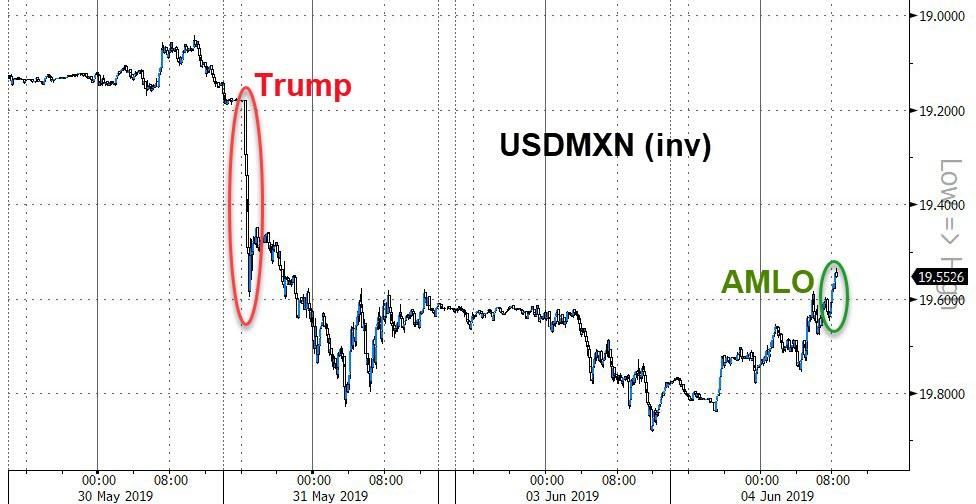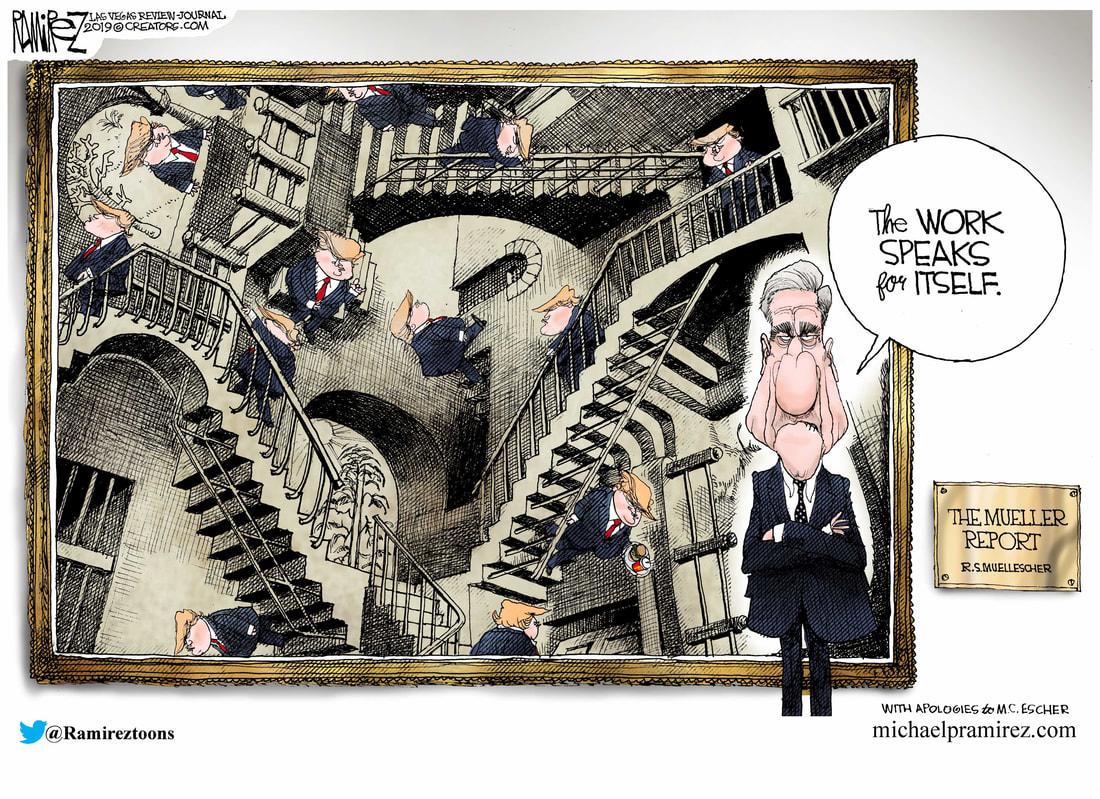The U.S. Supreme Court refused to overturn the insider trading conviction of Mathew Martoma, a former portfolio manager who was caught trading on inside information while employed by SAC Capital. Had the decision been overturned, it would have undermined efforts to “clean up Wall Street”, potentially legalizing insider trading.
According to Bloomberg , the justices let a federal appeals court decision to uphold Martoma’s 2014 conviction stand without comment on Monday. Martoma was previously found to have used illegal tips to make $275 million for SAC on trades in two pharma stocks. He is currently serving a 9 year sentence in a Miami prison following the largest case of insider trading ever to be brought against an individual.
As a result of the decision, those who can now be convicted for insider trading include “traders who get an inside tip as a gift from an acquaintance or business associate”, according to white collar crime experts who reviewed the ruling.
Martoma’s lawyers argued that the ruling did not comply with the requirement for proof that the person providing the tip must receive personal benefit in return. Martoma had previously spurned requests to cooperate with the government in its investigation of SAC.
Martoma’s appeal stated: “It now suffices for the government to prove that the insider intended to benefit the tippee/outsider. That test focuses on the wrong question and radically dilutes the government’s burden.”
Martoma’s failed appeal aside, SAC clearly agreed there was insider trading going on when the fund plead guilty in 2013 and paid a $1.8 billion fine to the U.S. to resolve insider trading claims. As a result, it changed its name to Point72 and for five years only managed founder Steve Cohen’s money.
The Supreme Court previously ruled in 2016 that people could still wind up in jail, despite the insider providing the tip not trying to make money. In Martoma’s case, the court ruled that since the tipper had an “intent to benefit” the recipient, his benefit was irrelevant.
The Trump administration had urged the Supreme Court to reject the appeal without a hearing, citing the “intent to benefit” standard. The government said that Martoma received confidential information about a clinical trial from a doctor that the trader had previously paid $70,000 in consulting fees.
Hopefully Steve Cohen’s alleged hush money which bought Martoma’s allegiance and silence will be worth it (and still there upon his release) to make Martoma’s stay in Federal pound me in the ass prison – worth it.
via ZeroHedge News http://bit.ly/2MD4uhs Tyler Durden








